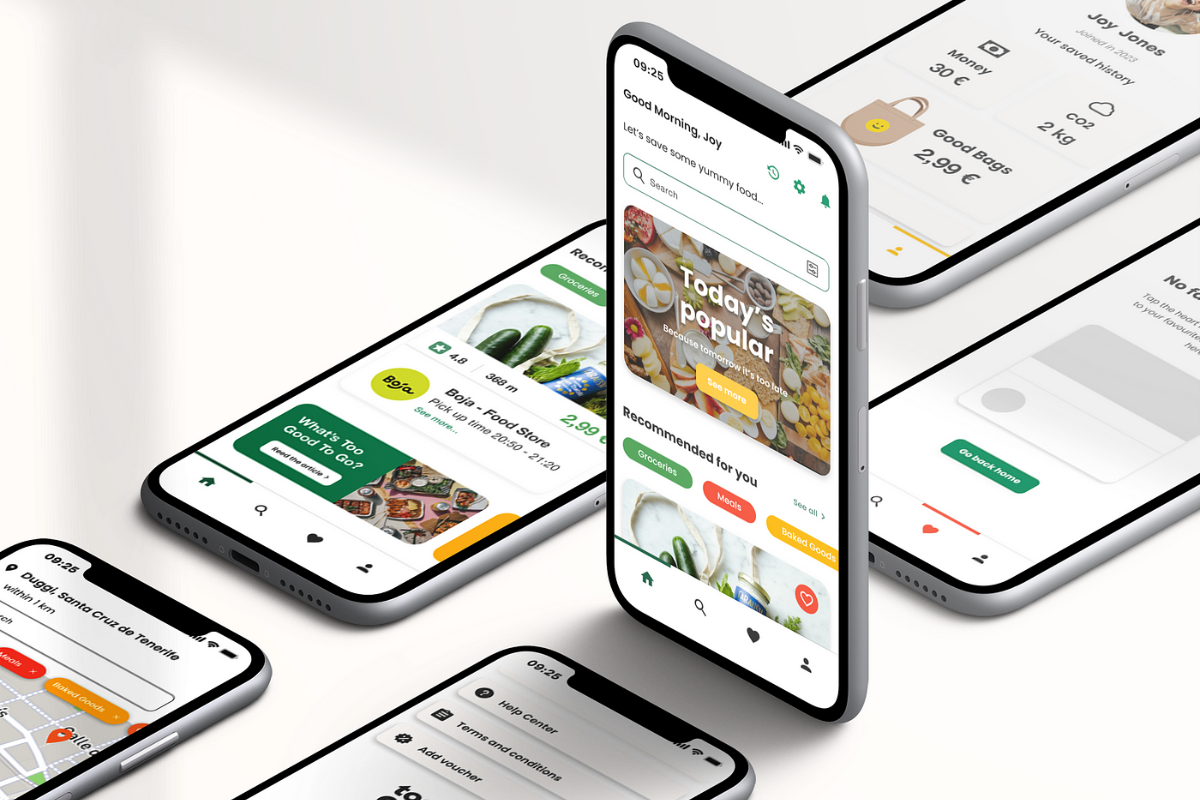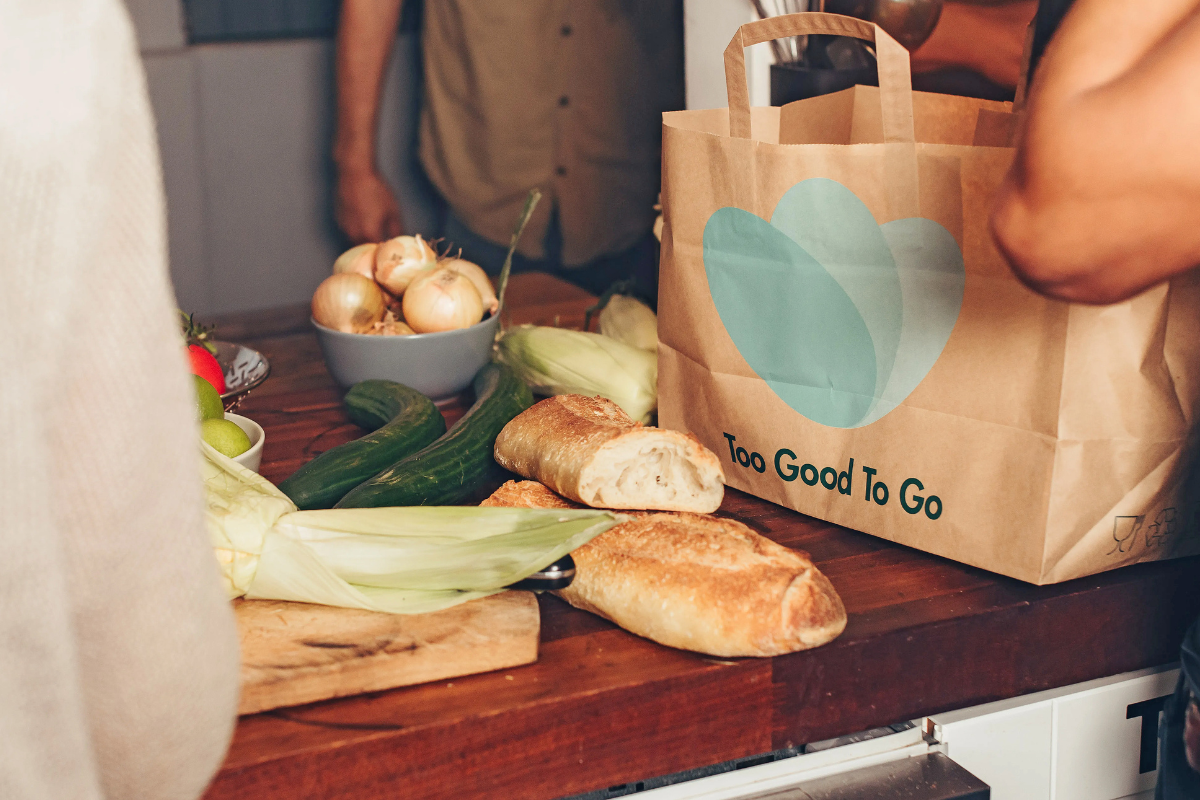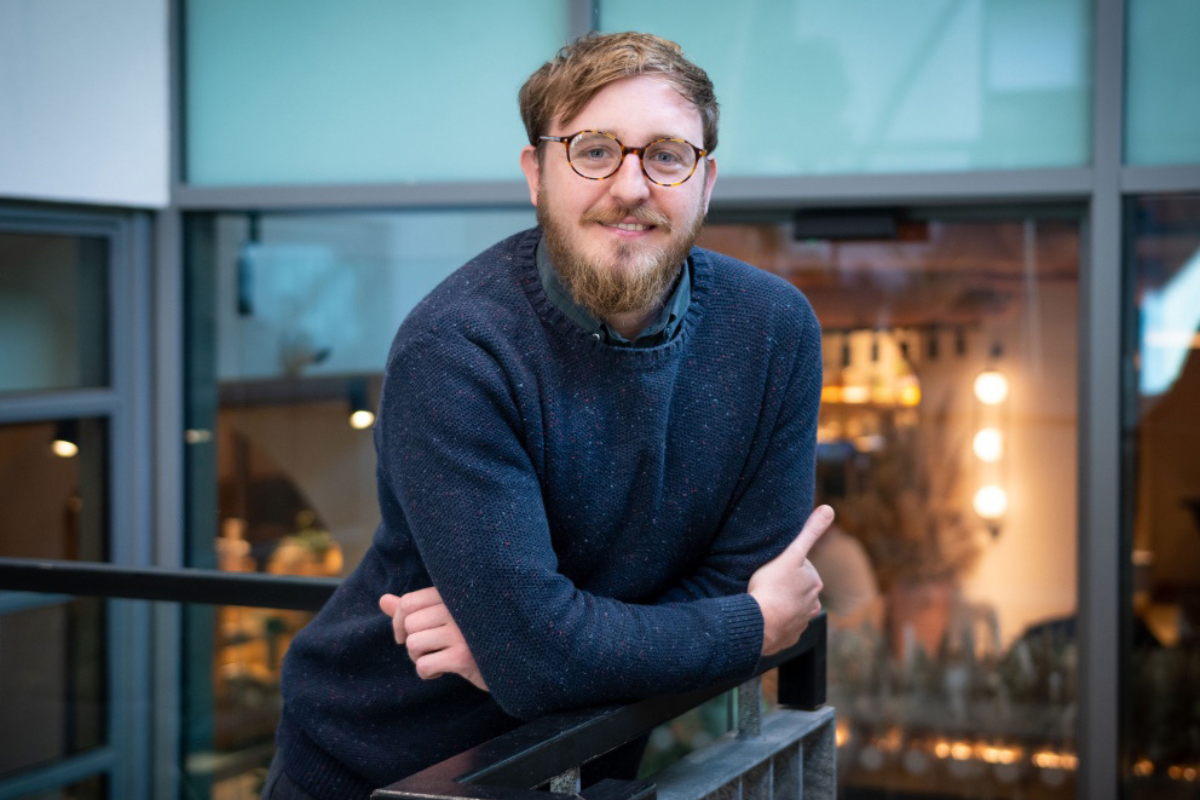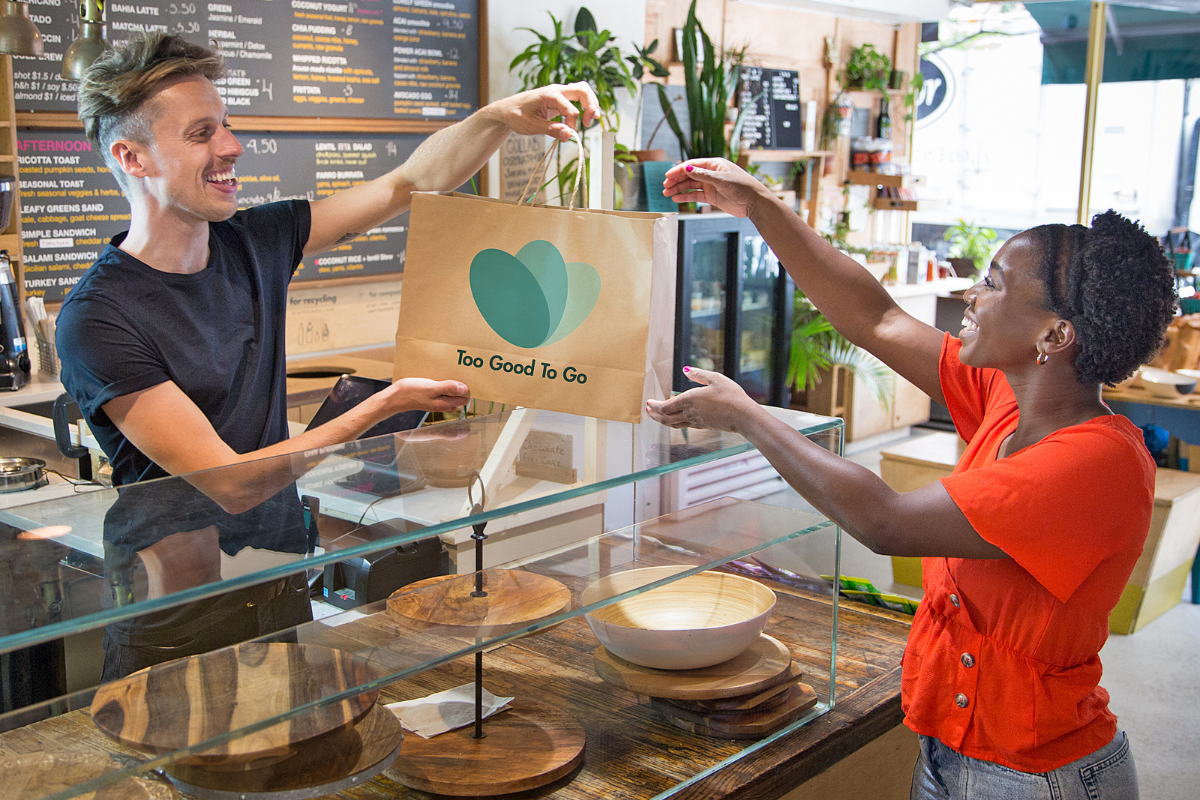As much as he would recommend it, Jamie Crummie knows that dumpster diving isn’t most peoples’ idea of a fun pastime. Yet the many social media accounts dedicated to the practice are telling proof of the treasure that can be found in someone else’s trash – and just how chronic a problem food wastage is.
With that in mind, Crummie got thinking. How could rescuing food be made more accessible? And how could leftover food or soon-to-be out-of-date produce be saved before it was thrown in the rubbish in the first place?
His solution was Too Good To Go, an app he co-founded in 2016. The idea is deliciously simple. Once you have created an account, you can see what restaurants, bakeries, cafes, shops or even market stalls near you are selling off for small change.
The food is packaged up as a surprise bag that you purchase through the app, so you don’t know exactly what you’re getting until you turn up to collect it. The only certainty is that you’re saving produce from the trash can.
Today, the app is used by 75 million people and 140,000 businesses in 17 countries across Europe and North America. “To date, we have collectively rescued over 250 million meals from going to waste,” Crummie tells me over the phone from the United Kingdom, where the Irish national is based.
A surprise masterstroke

France is currently the app’s biggest market, with everyone from huge supermarket chains like Carrefour to neighborhood boulangeries onboard. Based in Nice, the country’s fifth largest city, I’m happy to admit to being a Too Good To Go convert.
Rarely costing more than five dollars each, a surprise bag from my local Carrefour has been known to feed my family of four for the weekend. Sometimes I leave with a crate of imperfect (but perfectly fresh) fruit and vegetables.
Along the way, I’ve tasted foods I would have never dared buy in the past and cooked with ingredients I have never seen before, let alone used.
If I’m quick enough, I can sometimes nab an end-of-day feast from my favorite sushi restaurant in the city. Often, a business only lists a handful of surprise bags, and that’s where the app becomes a bit like a game of ‘Fastest Finger First’ to score one.
The idea of the surprise bag has been a masterstroke from day one, combining a sense of fun and mystery for the individual with an ease of use for businesses that ensures the whole process takes about the same time for them as bagging unwanted items for the trash.
“They’re not having to itemize all of the food which has been leftover,” Crummie explains. “It really is just whatever food hasn’t been sold that day and would otherwise have gone to waste.”
“It really is just whatever food hasn’t been sold that day and would otherwise have gone to waste.”
Along the way, the concept has become quite the social media sensation.
“We see all these videos of people who go and collect a surprise bag and upload an unbagging video,” he says. “For our amazing community of consumers, this has become a source of enjoyment.”
It’s definitely something he didn’t envisage when the seed of the idea was first planted back during a working holiday in Australia in his early 20s.
“It was while I was working for an events agency that I experienced firsthand a lot of food being wasted at a large scale,” he explains. “Everything from preparatory waste to plate waste, just to name a few.”
He describes the whole experience as “visceral” – not only witnessing the food being thrown away, but also having to throw it away himself.
“The bulb was installed in Australia but the light really came on when I came back to the United Kingdom where, working with a human rights organization, we held an event that was entirely catered by food that came from the bin,” he says.
A magic parcel

At its core, Too Good to Go is about delivering social and environmental impact. As Crummie and his Co-Founders expand into areas across the food value chain, they are amplifying their vision.
“In France, we’ve just started working with manufacturers and food producers to launch our magic parcels concept,” he explains.
Damaged packaging, a misprint on the packaging, an approaching ‘best before’ date and oversupply are just some of the causes of the 436 million metric tons of food wasted annually in the production process.
Working with manufacturers, this new offering delivers products that would have otherwise gone to waste directly to consumers at home. Half-price Swiss chocolate and Greek olive oil are two magic parcels that have sold out when I log back on to check what this new offering looks like for the individual user.

“We’re able to engage with individuals who really do have that power and network to deliver progressive change.”
The company is also branching out beyond the marketplace, recently acquiring French retail start-up CodaBene, whose FoodMemo software solution helps businesses manage expiry dates.
“This will allow us to create even more impact within the retail space by effectively helping retailers with their reduced to clear process,” he explains.
“In addition to this, we’ve also launched initiatives such as our date label campaign, ‘Look, Smell, Taste, Don’t Waste’, where we work with fast-moving consumer goods brands to communicate that food that has gone beyond its best before date is still safe to consume.”
Crummie’s work hasn’t gone unnoticed; in 2019, he made it onto the Forbes’ 30 Under 30 list for Europe (Retail & Commerce). He has also been selected to take part in the Leaders Europe program in the Obama Foundation, an organization that brings together changemakers from around the world who share a common belief in a value-based leadership approach and delivering impact and change within the communities they operate in.
“This has been very exciting for us at Too Good To Go as we’re now able to have a seat at the table,” he says. “We’re able to engage with individuals who really do have that power and network to deliver progressive change.”
Keep it simple
What advice would Crummie give to others founding a purpose-driven tech start-up?
“I would remind people to keep it simple and stay focused,” he reflects. “It’s very easy for us as entrepreneurs to be distracted and say yes to everything. By staying focused and keeping things simple, we can see the issue that we have at hand.
“The final piece of advice would be to do something that you’re passionate about.”







